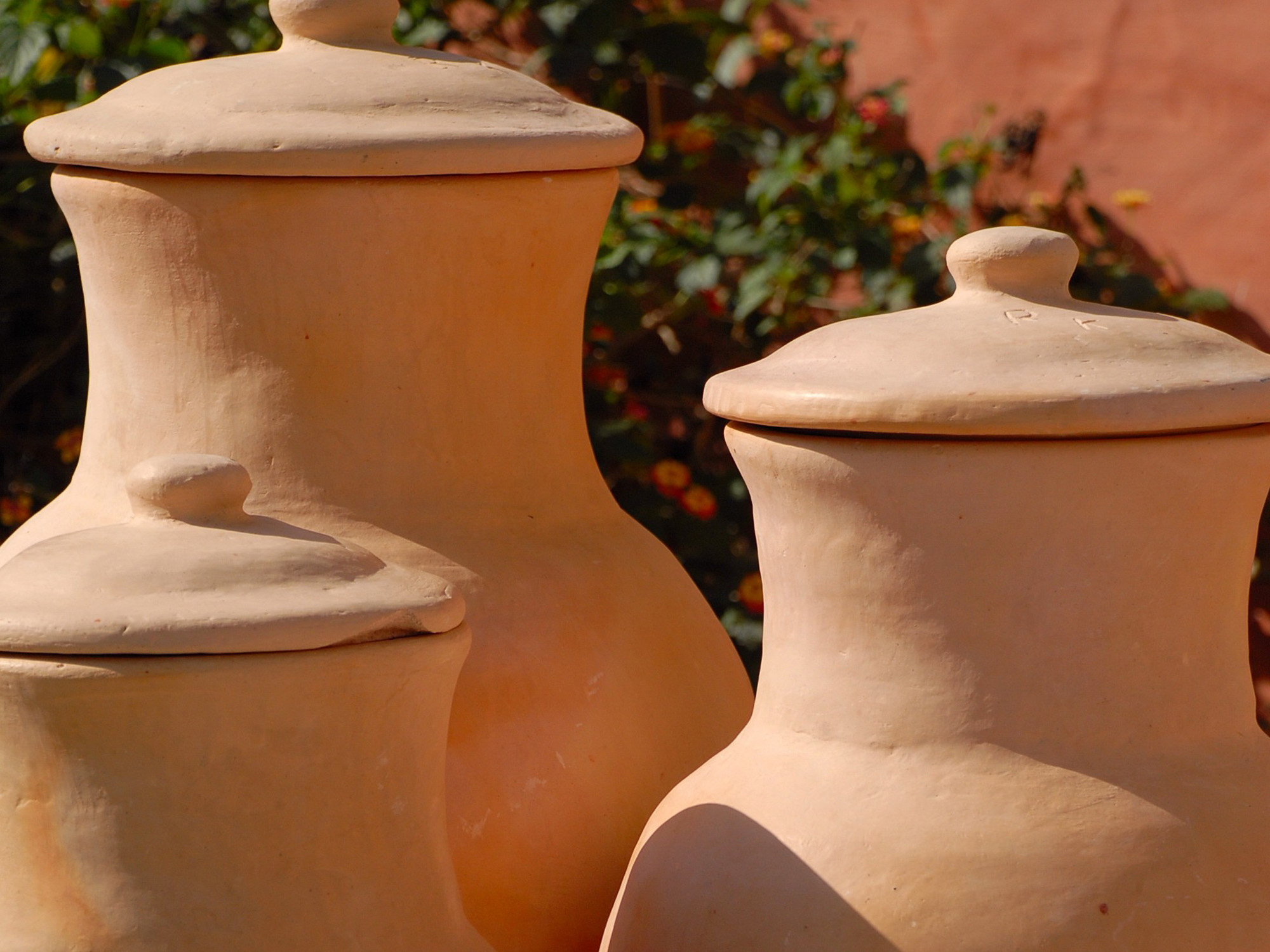Living with nature requires us to understand and accept the nature of things. In the third and fourth paragraph of the Handbook, Epictetus forces us to face the facts: if you want something, then you must accept it in its entirety. If you like a clay pot, then be aware of the fact that it may break. If you like a person, know that he or she may die. Because that is the nature of things.
In the third paragraph Epictetus focuses on objects (either death or living), while he addresses activities in the fourth paragraph. About objects he states:
With regard to all the things that appeal to the heart, are useful, or are loved, bear in mind to consider what their nature is, beginning with the most trivial things: if you like a clay pot, consider ‘I like a clay pot’. So if it is broken, you will not be disturbed. If you caress your child or wife, consider that you caress a human being. So if it dies, you will not be disturbed.
This is a lesson in accepting harsh truths: that everything can break, and everyone can die. Epictetus realises this, and therefore advises us to start small. It is rather easy to accept the loss of a clay pot, a nice vase or your favourite cup, since it is relatively insignificant and fragile. It is a lot more difficult to accept the loss of a person you loved. However, is the loss of a clay pot really that different from the loss of your beloved? As a clay pot may break, a man or woman may die. Yet the former is insignificant compared to the latter. Therefore: start small with visualizing that your pots break, and while accepting these truths, gradually move to the things that are more important to you. By doing this, you might ultimately be able to cope with the loss of someone you loved or even your own death. For it is natural for objects to break, and it is natural for people to die.

